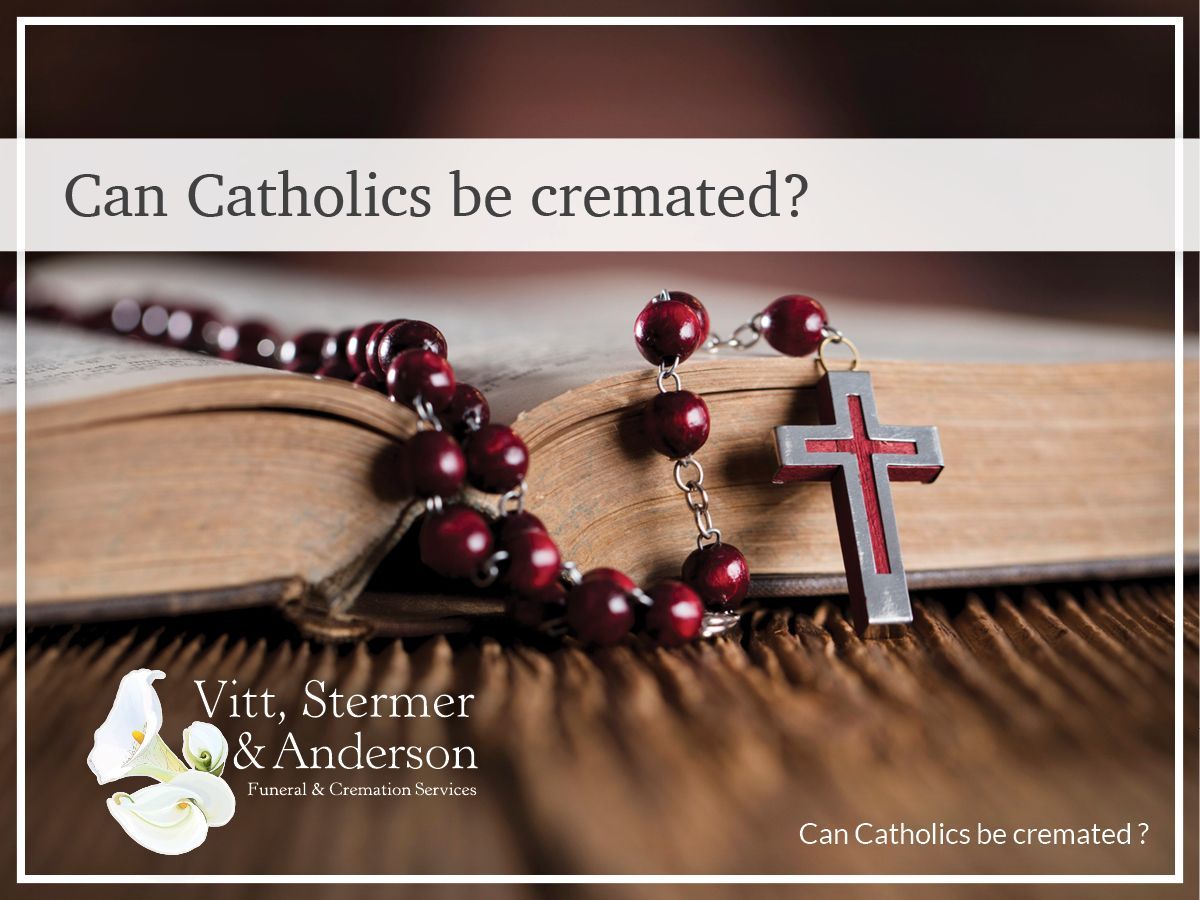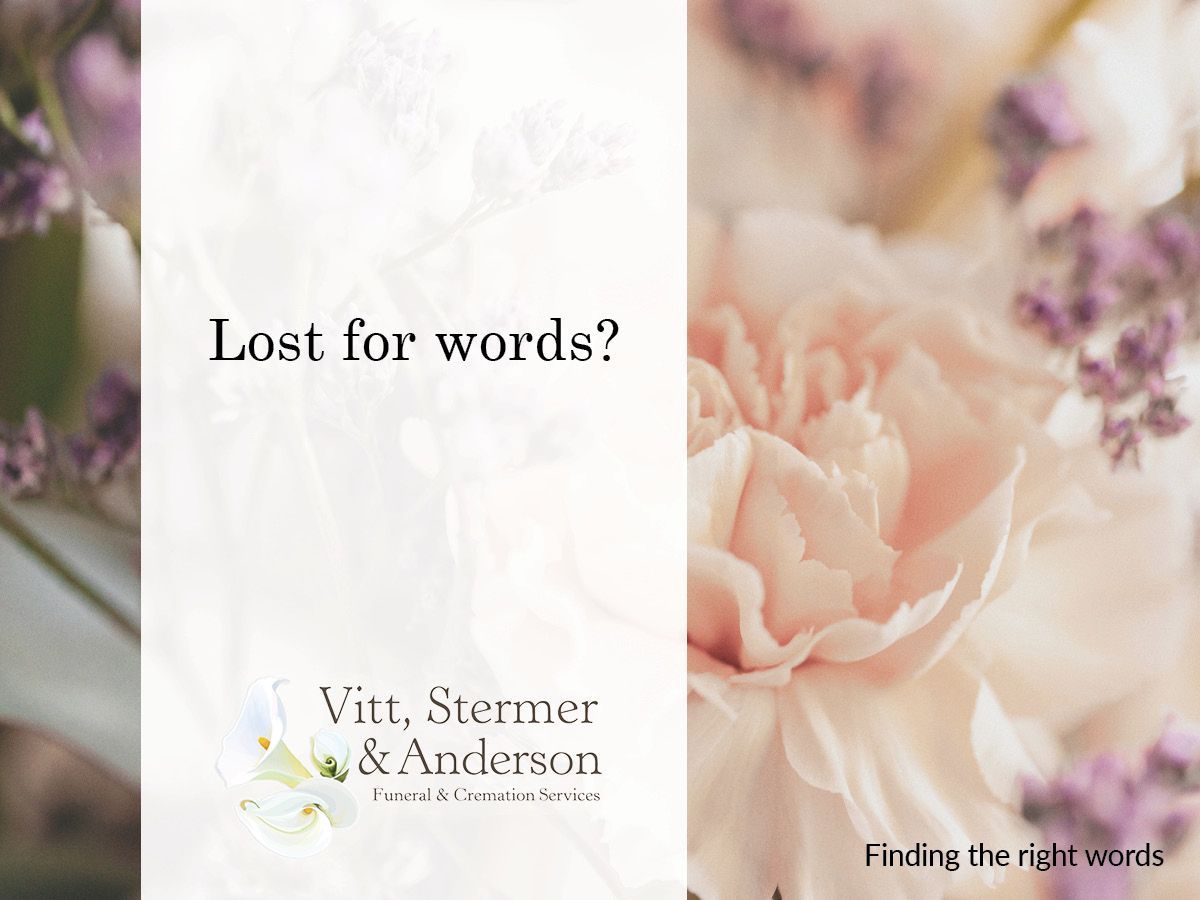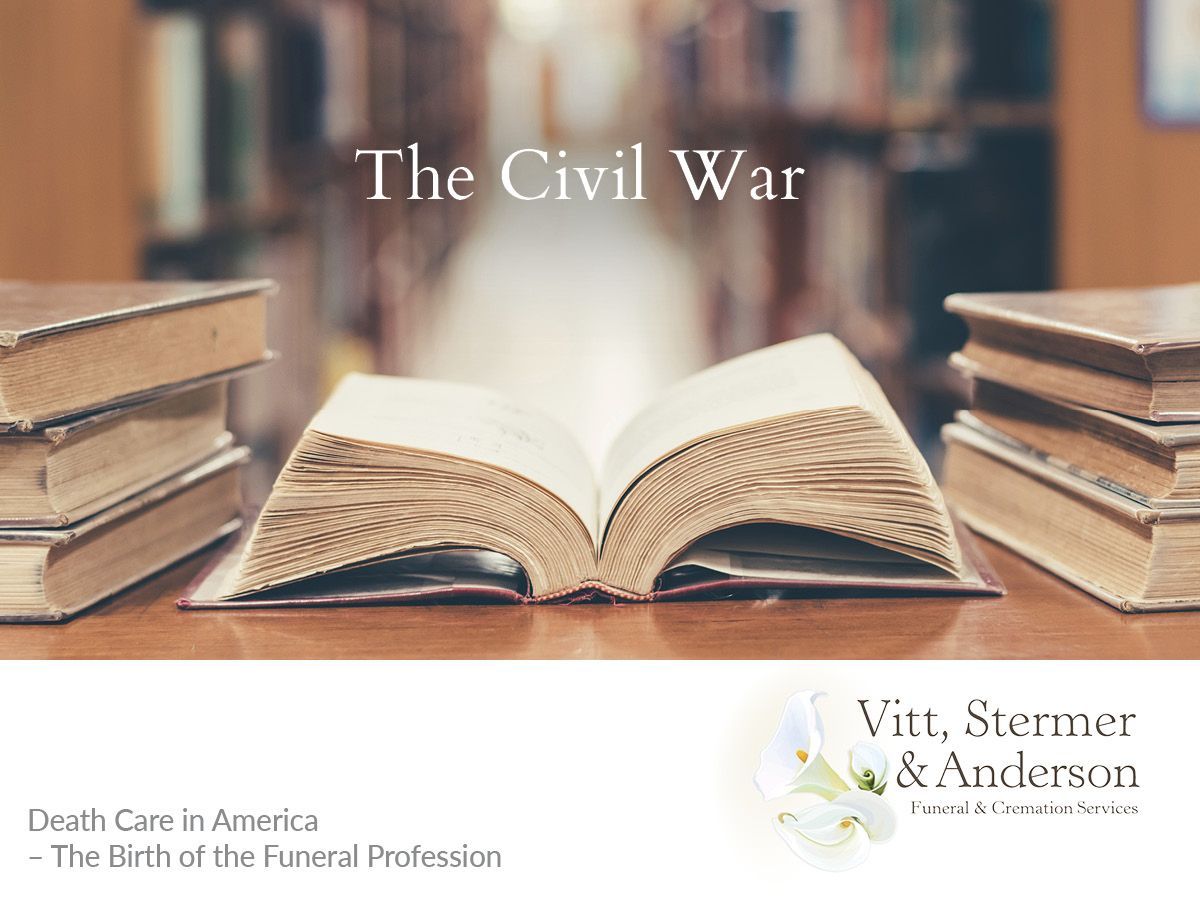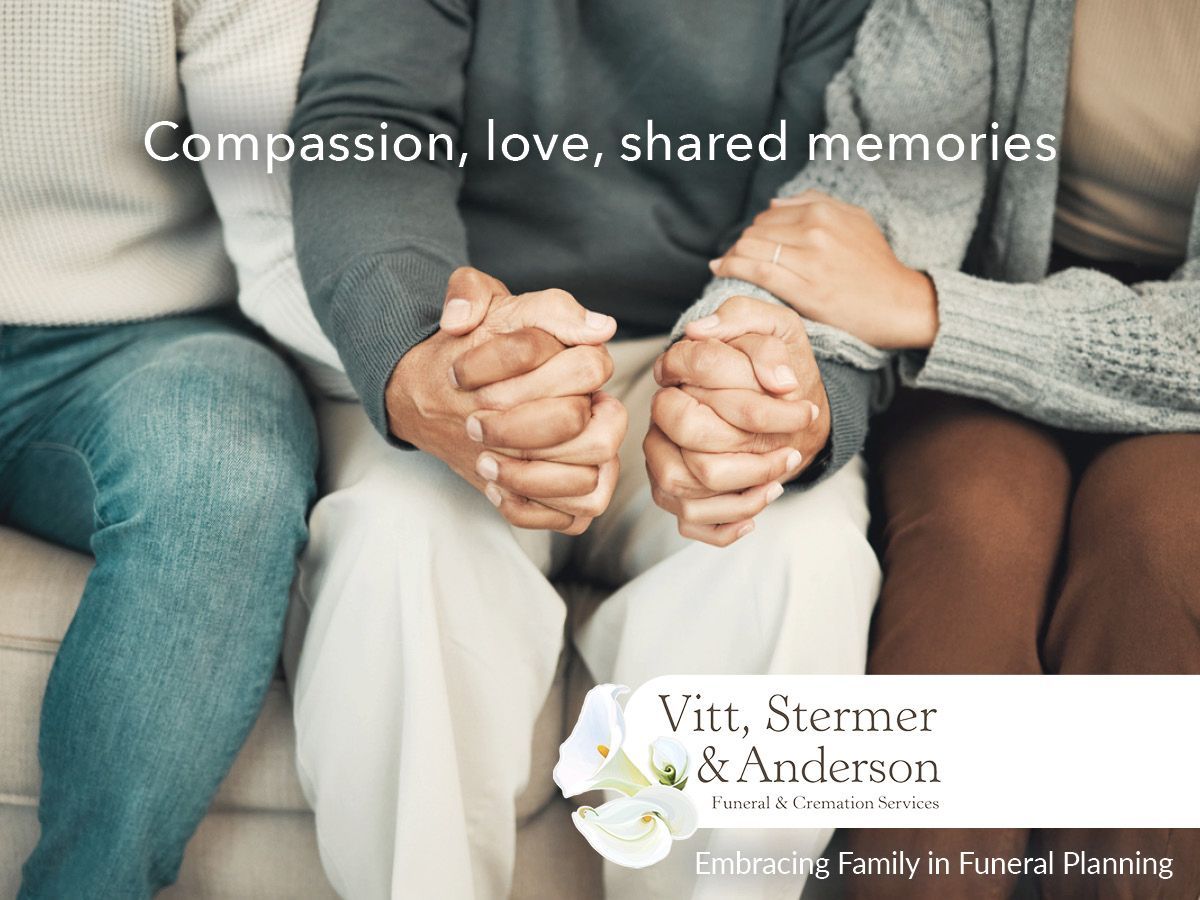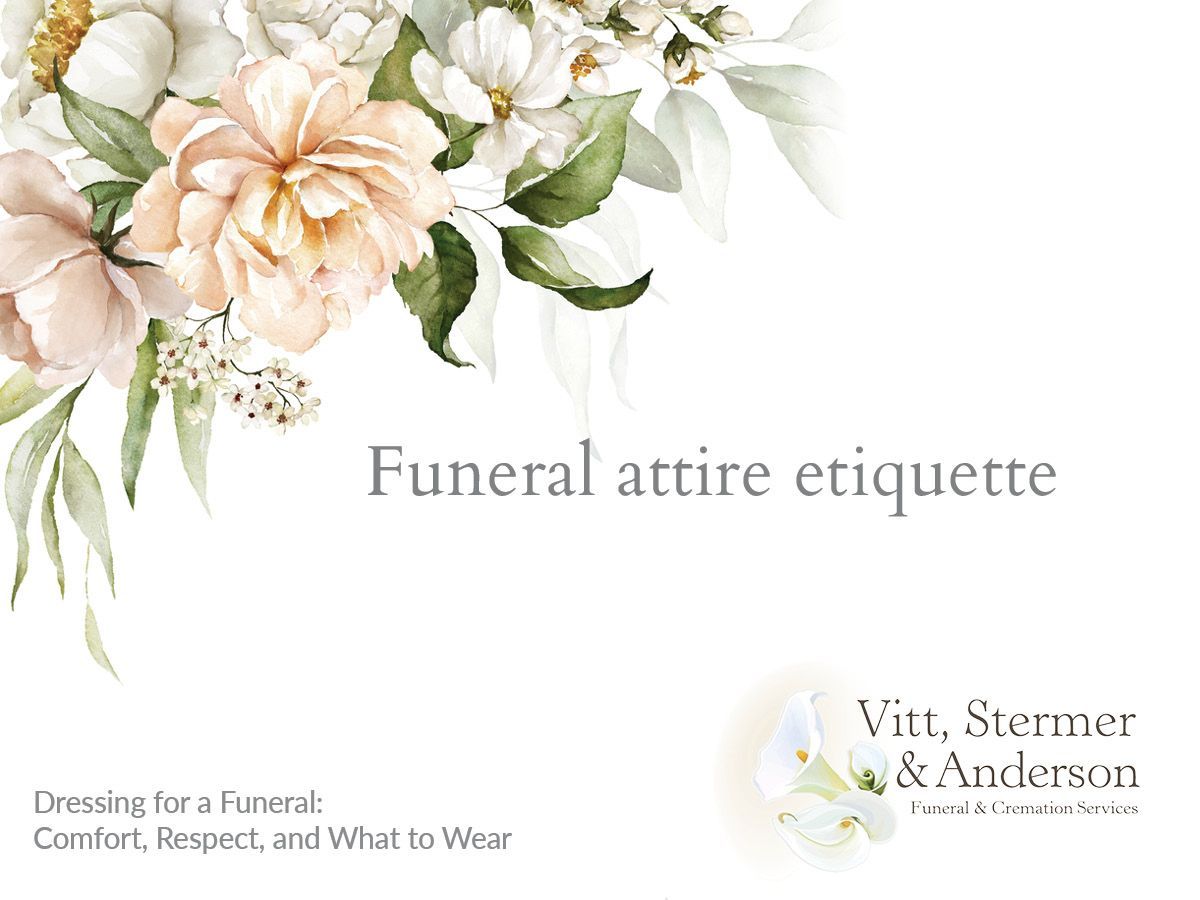Why Do Catholics Have a Certain Type of Service?
As we age, we’re likely to attend many different kinds of funerals. And although they all look different because they are focused on the lives of unique people, they often follow similar patterns and have similar elements. But one aspect that’s common in many kinds of funerals is missing from a Catholic service. So, why do Catholics have a different type of service?
What do Catholics do for their funeral services?
A Catholic funeral often consists of three parts. The first, the Reception of the Body or the Prayer Vigil, is mainly for the family and friends of the decedent. During this time, the coffin is displayed on the eve of the funeral. Traditionally, the coffin is taken to the church where the funeral will be held, but it can also be displayed at the family home or in the chapel of a funeral home. During the Prayer Vigil, the family and friends take some quiet time with their loved one, often praying the rosary, giving readings from the Bible, or singing hymns.
The following day is the funeral, which most often consists of a Funeral Mass, also sometimes known as a Requiem Mass. A Funeral Mass is unique in that it contains Holy Communion, which commemorates the death and resurrection of Jesus Christ.
In recognition that not all practicing Catholics are surrounded by Catholics themselves, some people choose to have a Funeral Outside Mass, which is very similar to a Funeral Mass, but there’s no Holy Communion. Those who are not Catholic cannot partake in Holy Communion, so if there are to be few Catholics at the funeral service, it would make sense not to hold Holy Communion. That said, the Catholic Church does encourage a Funeral Mass with Holy Communion when someone passes.
During the Funeral Mass, the priest leads the congregation through a passage from the Gospel and delivers a homily to reflect the meaning of the reading. Family or friends may also do a reading, but eulogies are not allowed. The priest may instead speak about the person who passed. He then leads the Eucharistic Prayer before Communion is offered.
After Communion, a family member or close friend may be allowed to speak Words of Remembrance. Some priests may also have Words of Remembrance take place before the Funeral Mass begins. This brief tribute is meant to reflect only on the faith life of the individual who passed. Not all parishes allow Words of Remembrance. It’s essential to speak with the priest ahead of time to ask what is allowed and not allowed to be said, as well as to confirm when in the Funeral Mass it would take place.
Mourners then often accompany their loved one to their cemetery, where they will receive the Rite of Committal. Graveside, the priest or deacon will say additional prayers and read from the scripture. The rite comes to an end with the Lord’s Prayer and a blessing from the priest or deacon. If the loved one is to be cremated instead of buried, the coffin is taken to the crematory, where another service is held in the chapel. Although cremation is technically allowed in the Catholic Church, there are guidelines about what you can do with the ashes. Ideally, they are meant to be buried or placed in a columbarium. An additional Rite for the Burial of Ashes should occur when the ashes are placed in their final resting place.
Why don’t Catholics have a eulogy?
Eulogies are often a major focus during funeral services, but they’re not allowed during Catholic funerals. The reason why has to do with the fact that eulogies are directly at odds with how the Catholic Church views funerals. In Greek, eulogy means “words of praise.” But Funeral Masses, as are any other Masses, are only meant to praise Jesus Christ.
Eulogies praise the human life that’s passed, except that the Catholic Church views “passing” as passing on to eternity with Jesus Christ. When people speak during eulogies, they often focus on who the person was, but the Catholic Church doesn’t agree that “was” is the correct way of viewing death. Catholics believe that the deceased have passed from this life to eternity. Their lives have not ended, but in many ways have just begun. Their souls now rest with Christ awaiting the Second Coming and the resurrection of our bodies. Eulogies can often view the funeral as a conclusion to a person’s life that will only live on in people’s memories. Catholics seek to reaffirm in the Funeral Mass that our beloved deceased are not dead and gone forever but continue to live on in Christ.
The Funeral Mass is meant to be a time of reaffirming faith and finding comfort, but not by seeking closure for death. Instead, comfort is to be found by believing that their loved one has found a home alongside their maker. That’s why a Funeral Mass is meant to focus on praising Jesus Christ, not necessarily on celebrating a life already lived.
Can you have a eulogy if your loved one wanted a Catholic funeral?
If your loved one wanted a Catholic service, you and others might be upset about the idea of not being able to have a eulogy. Although eulogies are not permitted at Catholic Funeral Masses, many people take comfort in them. Hearing and speaking about what made your loved one so special is often a beautiful part of funerals. You may feel that you’re missing an important part of mourning your loved one.
But the thing to remember is that the most significant issue with a eulogy at a funeral service is that it would occur during a Funeral Mass if it's a Catholic service. The Catholic Church does not suggest that you cannot speak about the life of your loved one after they pass. They just rule that sort of talk is not meant to be a part of Mass. But you can hold additional services where a eulogy would be allowed.
Many Catholic families save eulogies for wakes or receptions, where it’s more common for the occasion to be focused on the person than it is on their faith. If you want a more traditional eulogy that’s during a funeral service, you can hold an additional, more secular service in addition to the Funeral Mass.
If your loved one was a devout Catholic and wanted a Catholic service, talk to your funeral director about your options. The Catholic service may be more for the person who passed, but another service where a eulogy can be held can be for those who remain. Although it’s important to honor the Catholic tradition, you can still make plans that can allow the mourners to celebrate the life of the person they loved.



